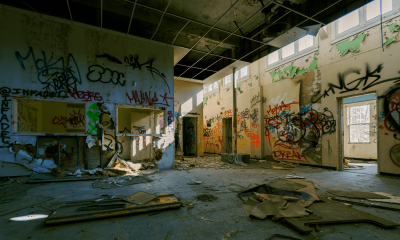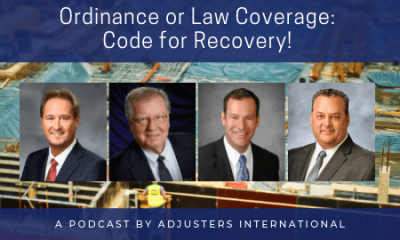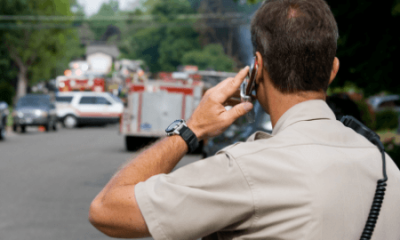Protecting Your Property While You’re Away
Home and business owners often leave their property unattended. Whether the absence is due to a seasonal business closing for the winter or summer months, a vacation with family, renovations, or just simply a weekend away, property left alone is vulnerable to many different elements including storms, pranksters and vandalism – all of which can lead to a property damage insurance claim.
Here are some tips to protect your property while you’re away:
1.) Understand what your insurance policy covers.
Standard property insurance policies carry various exclusions and it is up to you as the property owner to know what those are in advance in order to mitigate any damages before it is too late. Being proactive plays a large role in being a property owner. If you have plans to leave for an extended period, be sure to be attentive and compliant with your insurance policy’s requirements.
For example, a homeowner who lives in the Northeast decides to spend the winter season at their second home in the warm South. This homeowner needs to take several precautions before leaving such as, keeping the thermostat set at a reasonable temperature to ensure that their pipes do not freeze and burst in the cold weather. Failure to do simple tasks such as this can jeopardize your insurance claim should any damage occur.
Furthermore, there are clauses in property insurance policies to look out for such as the “Vacancy/Occupancy Clause.” Leaving your home/business ‘vacant’ or ‘unoccupied’ can have different outcomes regarding your settlement, should property damage occur.
2.) Fix minor damages that could be problematic in your absence.
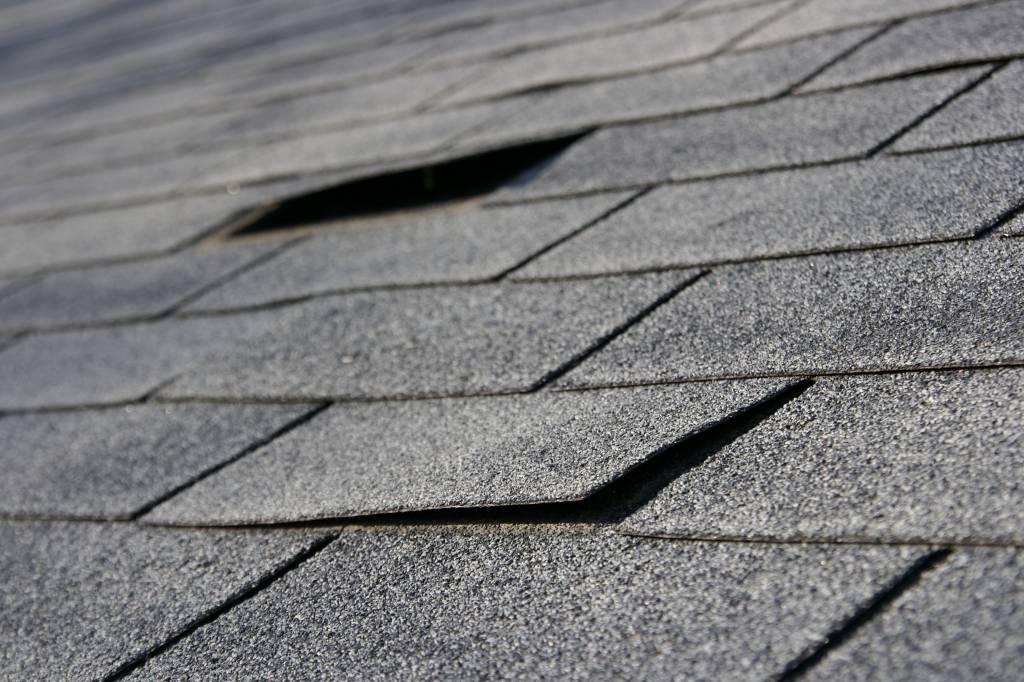 If there are prior damages to your building or problematic areas, be sure to take care of them prior to your departure. Letting small routine maintenance problems fall to the wayside could lead to much larger issues down the road. This is especially important when you are going to be absent, with no one to monitor these issues on a daily basis. Things to check on before leaving include, but are not limited to: cracked or loose shingles or siding, cracks in the foundation, dead trees, dangling tree limbs, windows that are not sealed properly, areas of the building that are not insulated well, and more.
If there are prior damages to your building or problematic areas, be sure to take care of them prior to your departure. Letting small routine maintenance problems fall to the wayside could lead to much larger issues down the road. This is especially important when you are going to be absent, with no one to monitor these issues on a daily basis. Things to check on before leaving include, but are not limited to: cracked or loose shingles or siding, cracks in the foundation, dead trees, dangling tree limbs, windows that are not sealed properly, areas of the building that are not insulated well, and more.
As a property owner, it is your duty to be responsible. If you suffer from some types of property damage that could have been prevented and the insurance company finds it to be due to your own negligence, you could lose your settlement in its entirety.
3.) Do not make it obvious that you are gone
Be sure to arrange for snow removal and landscaping needs in your absence. Not keeping up on these items is a giveaway that no one is home or at work. Also, it is a good idea to keep the property well lighted.
In the age of digital media, we have become a sharing culture. We like to experience things in the moment as they are happening with family, friends and followers. Posting on social media while you are away is a definite ‘no.’ If you are going on a vacation, do not post on social media where you are going and do not post any pictures until you return. Putting it out there for the public to see that you are not nearby is an invitation to burglars that your building is vacant. Even if you take precautions and have strict privacy settings in place on your social media profiles, it is better to be safe than sorry.
4.) Secure the premises
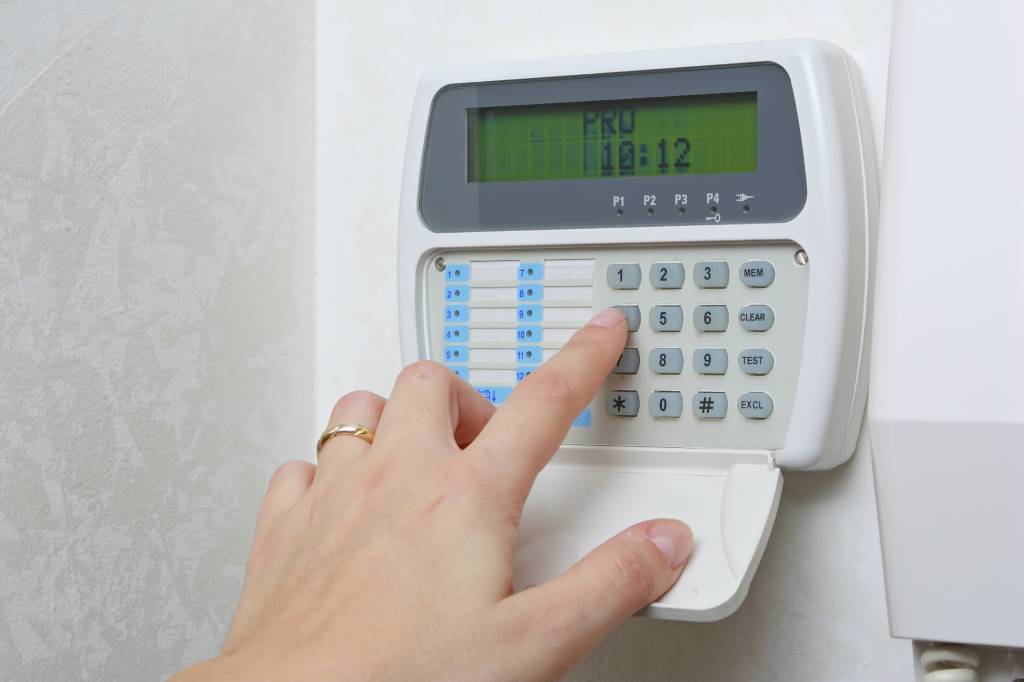 When it comes to your belongings, personal items, and livelihood, you can never be too cautious. Be sure to secure the premise with items such as video-monitoring systems, alarms and even hire security if necessary. Take precautions by moving expensive items away from windows so they cannot be easily seen by vandals.
When it comes to your belongings, personal items, and livelihood, you can never be too cautious. Be sure to secure the premise with items such as video-monitoring systems, alarms and even hire security if necessary. Take precautions by moving expensive items away from windows so they cannot be easily seen by vandals.
Notify your local police department and alarm company if you will be gone or closed for a long period of time. It is possible that the local police can drive by while patrolling and also be cognizant to look for any suspicious activity while you are gone.
5.) Prevent power surges
A power surge occurs when “the flow of electricity is interrupted, then started again, or when something sends electricity flowing back into the system” as stated by powerhousetv.com. You may have experienced a power surge when you turn on too many items in your house or building (such as a hair dryer or air conditioner) and all of a sudden, the power goes out. This can also happen during storms, with lightning being a common culprit.
To avoid power surges that can ultimately ruin appliances and other electronics such as televisions from ‘frying circuits,’ be sure to disconnect them prior to leaving. Another way to prevent damage to electronics is to purchase a surge protector to plug your devices into directly, which can be found in hardware and electronic stores.
6.) Check heating equipment and plumbing
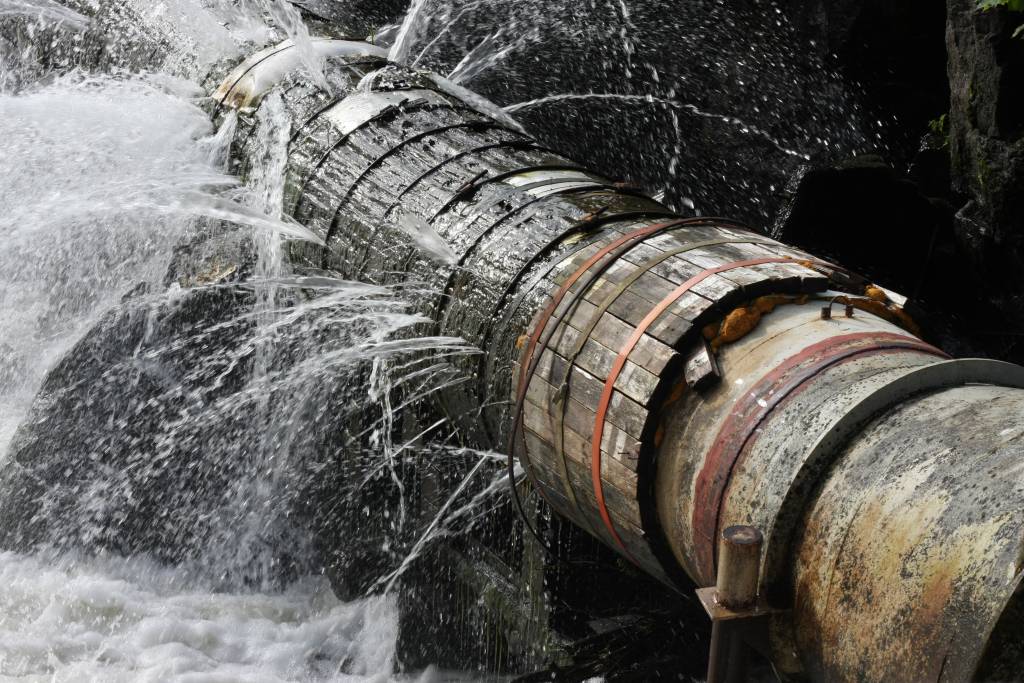 Order heating supplies such as oil in advance if needed. Always keep the thermostat set at a reasonable temperature to avoid unnecessary issues such as frozen or burst pipes. Be sure your heating equipment (i.e. furnace, oil tank) is in working order prior to leaving.
Order heating supplies such as oil in advance if needed. Always keep the thermostat set at a reasonable temperature to avoid unnecessary issues such as frozen or burst pipes. Be sure your heating equipment (i.e. furnace, oil tank) is in working order prior to leaving.
Be sure all pipes are in adequate, working condition and that no leaks are present before taking any sort of unattended leave. You can ‘winterize’ your home or business by shutting the water supply off completely.
7.) Safe keeping of valuables
Important documents such as financial statements, property deeds, medical records, bills, wills, and social security cards should always be kept in a safe place. For your protection, consider purchasing a fire-proof safe to keep these items in. Virtually backing up documents is another alternative that can prove to be beneficial should a disaster occur in your absence.
8.) Add necessary coverages
In addition to taking all of the necessary precautions stated above to protect your property, there are also coverages you may want to add to your insurance policy, such as:
- Business Income Insurance & Business Interruption Coverage
- To protect your business from loss of income and continuing expenses following a disaster
- Coinsurance Clause
- To protect you from being underinsured
- Contingent Business Interruption Insurance
- When your business depends upon a third-party operation to provide or buy materials, intermediate components, supplies, services, and finished goods.
- Debris Removal Insurance
- To aid in the costs involved following destruction or damage
- Demolition Insurance
- Earthquake Insurance
- Equipment Breakdown Insurance
- Extra Expense Insurance
- Flood Insurance
- Increased Cost of Construction & Ordinance and Law
- To protect you post-loss when rebuilding to conform to latest building codes
Additional Resources:
- “Common Fire Hazard Mistakes”
- “3 Things Excluded From Your Standard Insurance Policy”
- “How to Make a Business Continuity/Disaster Recovery Plan”
- “Understanding Business Income Coverage” – Podcast



